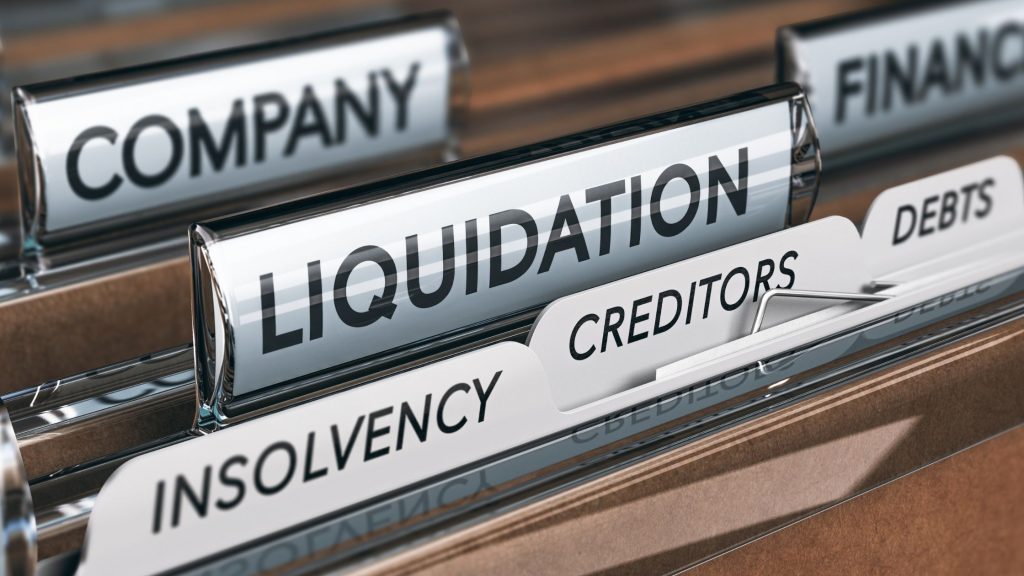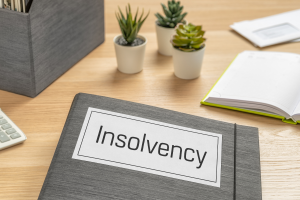Terms like “insolvency” and “liquidation” are often used interchangeably, leading to confusion. However, they are distinct and have different implications for companies facing financial difficulties.
A question we’re often asked is what is the difference between insolvency and liquidation. In this blog post we will clarify the differences and how they impact businesses.
Insolvency:
Insolvency refers to a financial state where a company is unable to meet its financial obligations, including debts. This is a stage that precedes liquidation or another insolvency process, but it does not necessarily mean the end of the road for a business. Instead, insolvency is a signal that the company is in financial trouble and requires intervention to address its financial challenges.
Liquidation:
Liquidation, on the other hand, is a process that follows insolvency and typically ends with the dissolution of a company. When a business goes into liquidation, its assets are sold off to pay its outstanding debts.
Liquidation is the last resort for companies facing insolvency and is usually initiated when there is no reasonable expectation of turning the business around.
Key Differences:
- Timing: Insolvency is a financial state that precedes liquidation. A company can be insolvent but not yet in the liquidation (or other insolvency) process.
- Outcome: Insolvency is a financial condition that may be resolved through restructuring, refinancing, profitable trading, or other methods, while liquidation ends in the dissolution of the company, resulting in the termination of its business operations.
- Control: Whilst Insolvent the company’s management and stakeholders remain in place to explore options to recover and continue operating, while in liquidation, control shifts to a liquidator who sells assets to pay off creditors.
Understanding the difference between insolvency and liquidation is crucial for businesses facing financial challenges.
Insolvency signals financial distress but the opportunity remains to explore alternatives for recovery. Liquidation, on the other hand, is the final step in the process and ends with the dissolution of the company to satisfy its creditors.
It’s important for business owners and stakeholders to seek professional advice when dealing with insolvency to make informed decisions about the future of the company.
We are here to help, www.myinsolvency.co.uk call us on 0800 009 6106 or email hello@myinsolvency.co.uk









